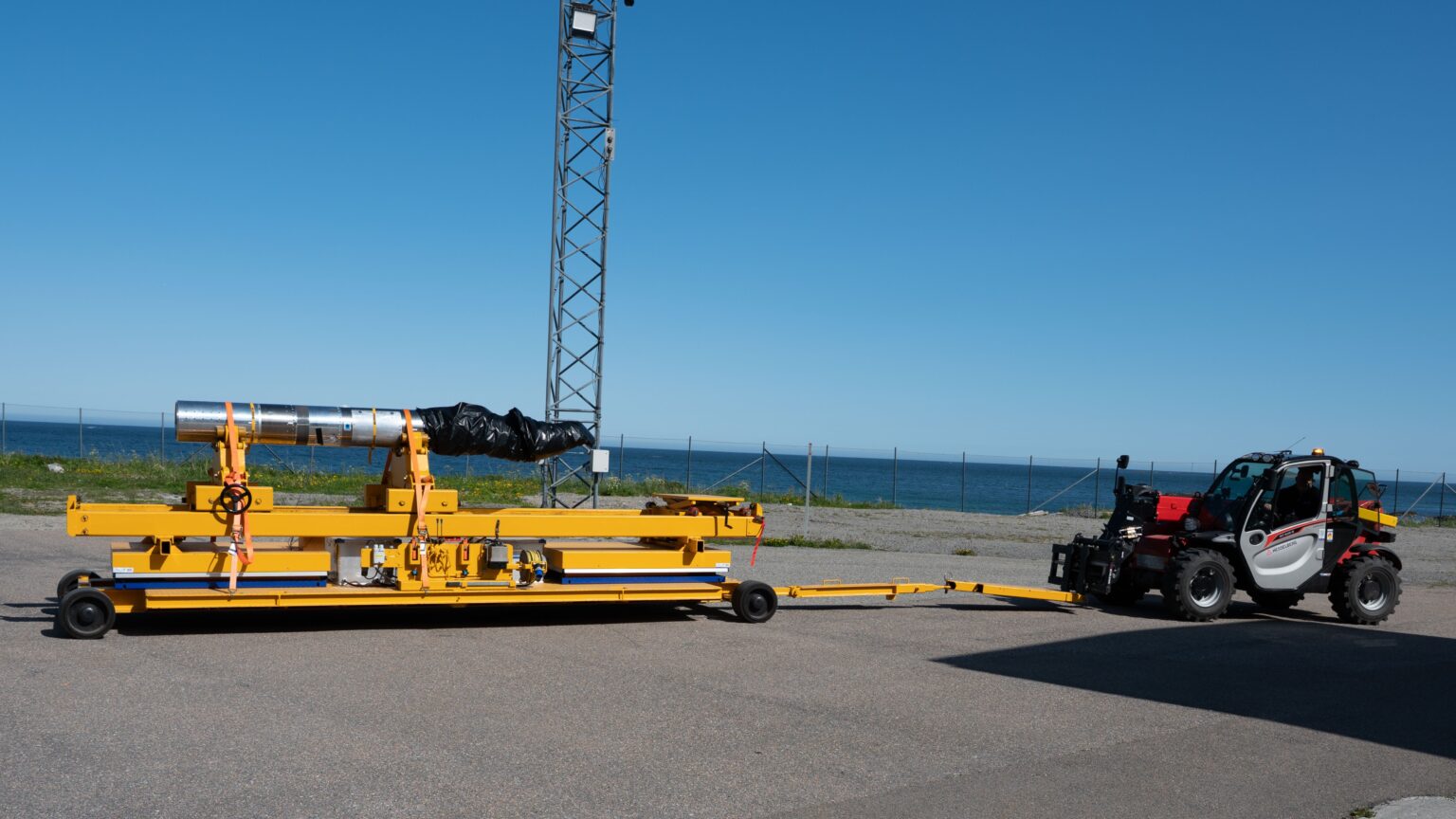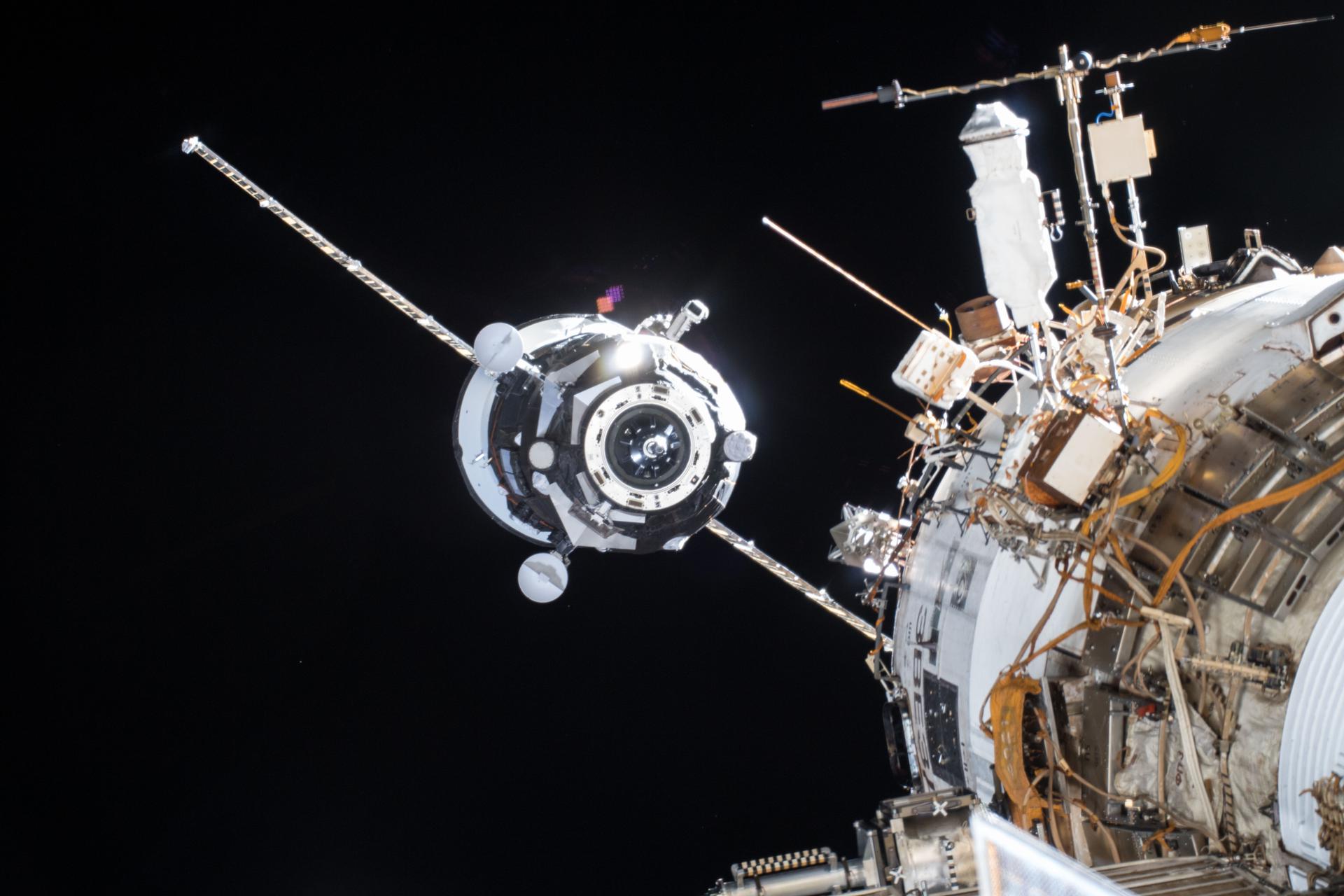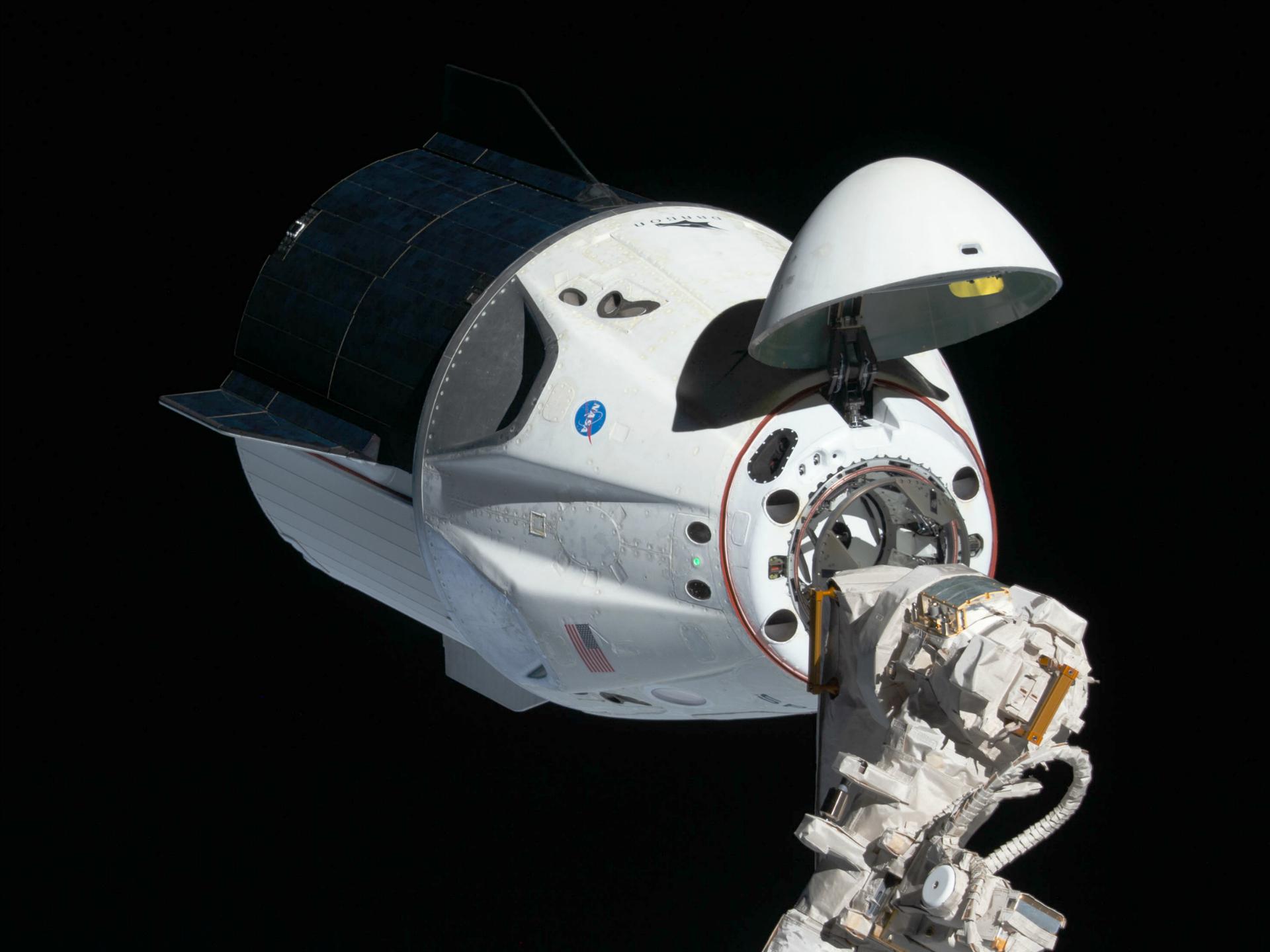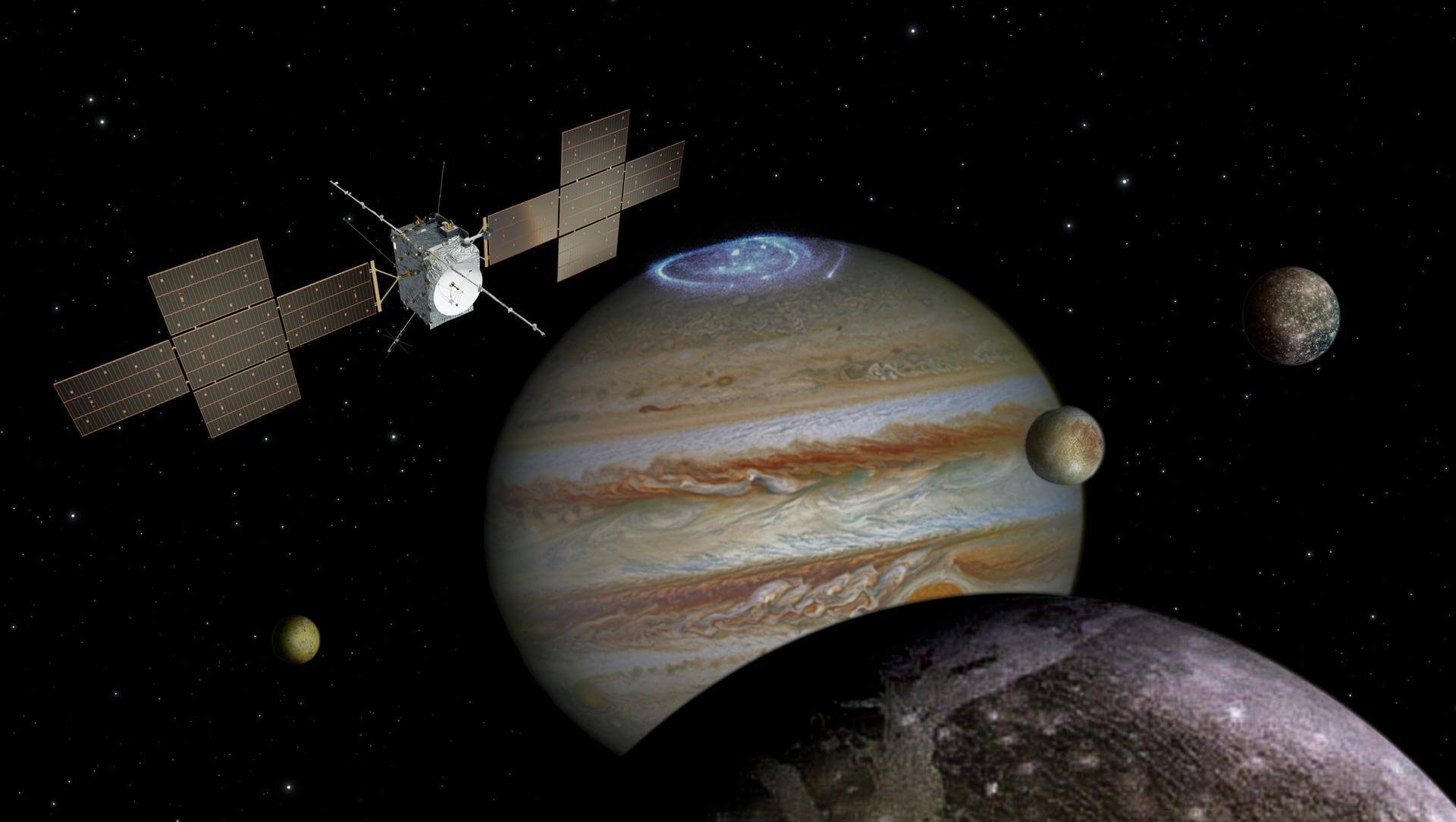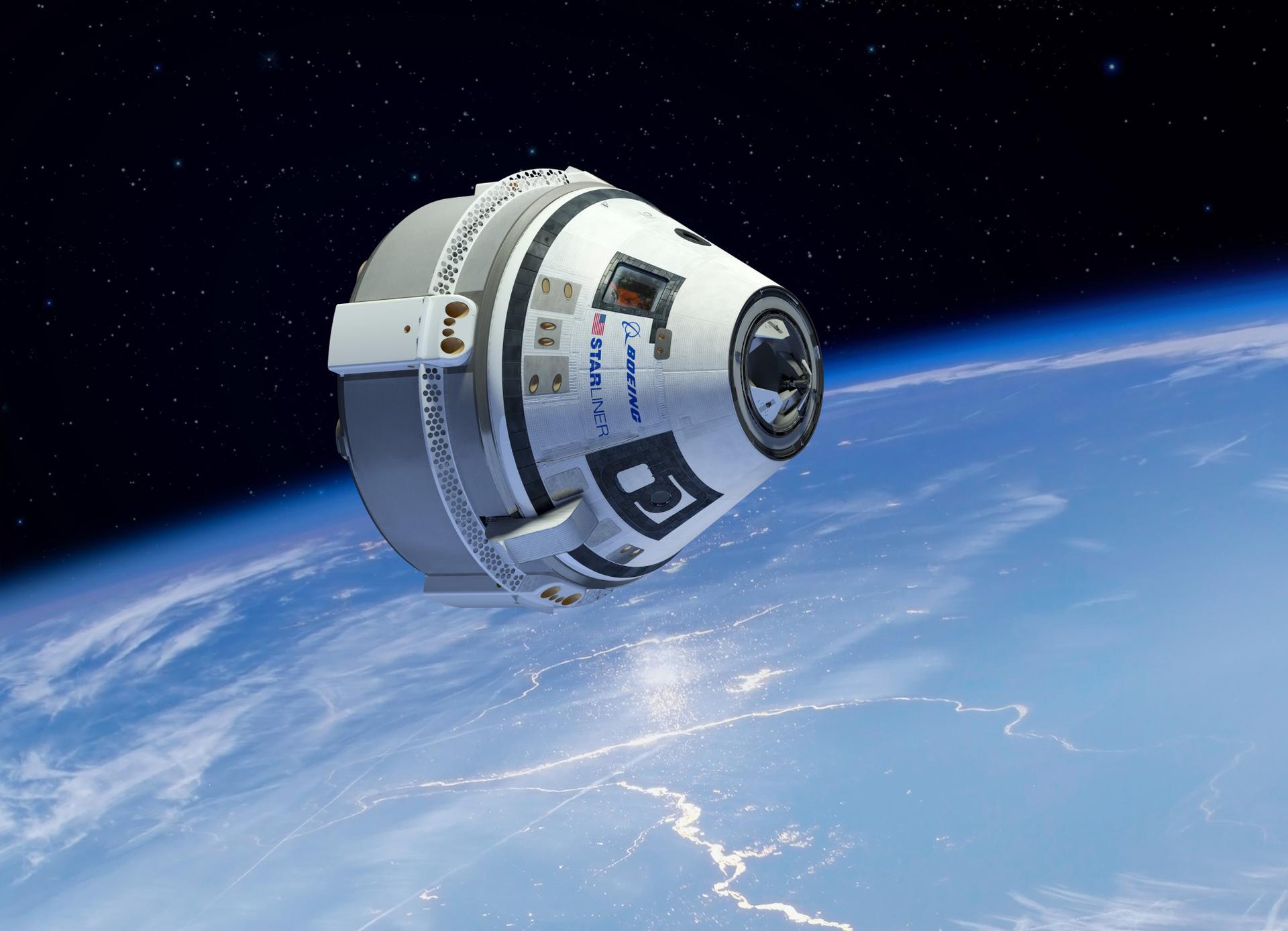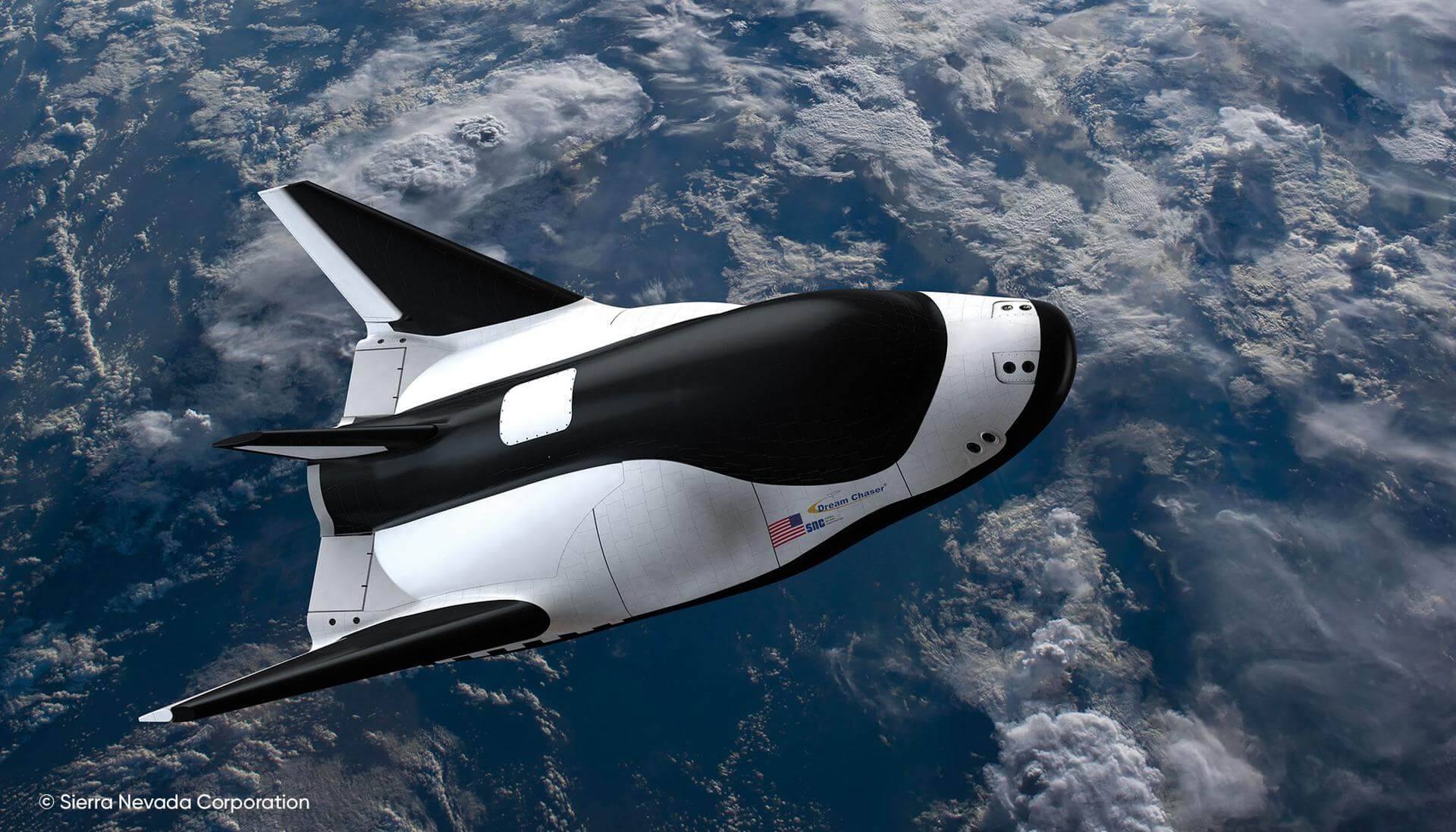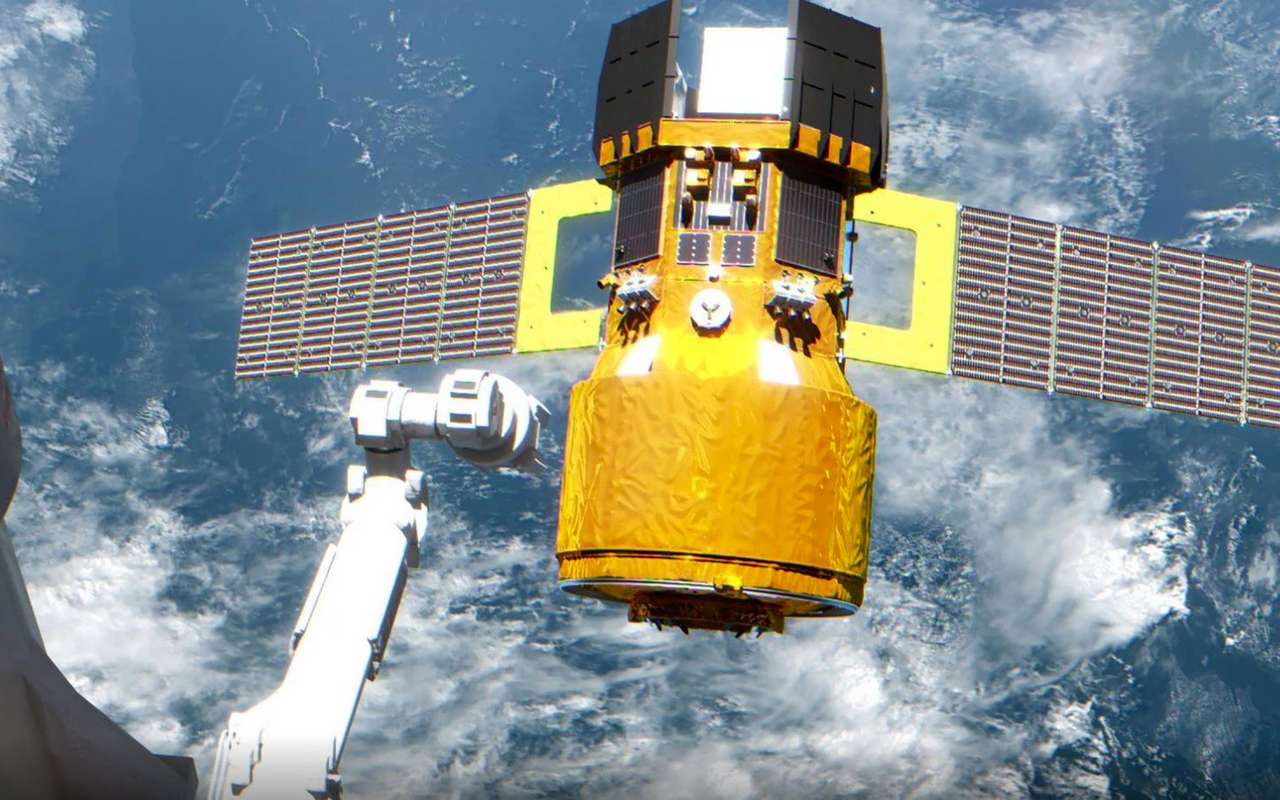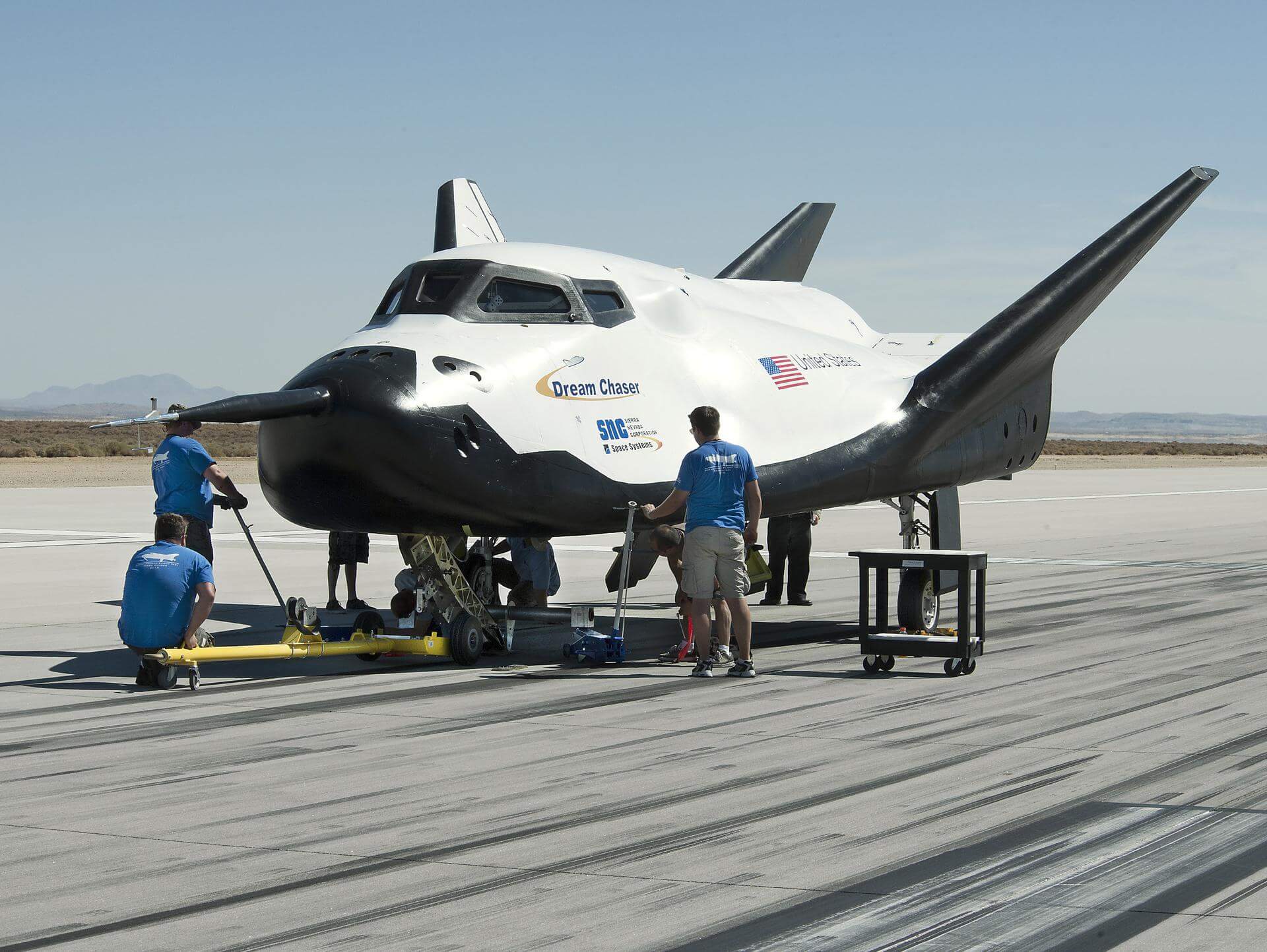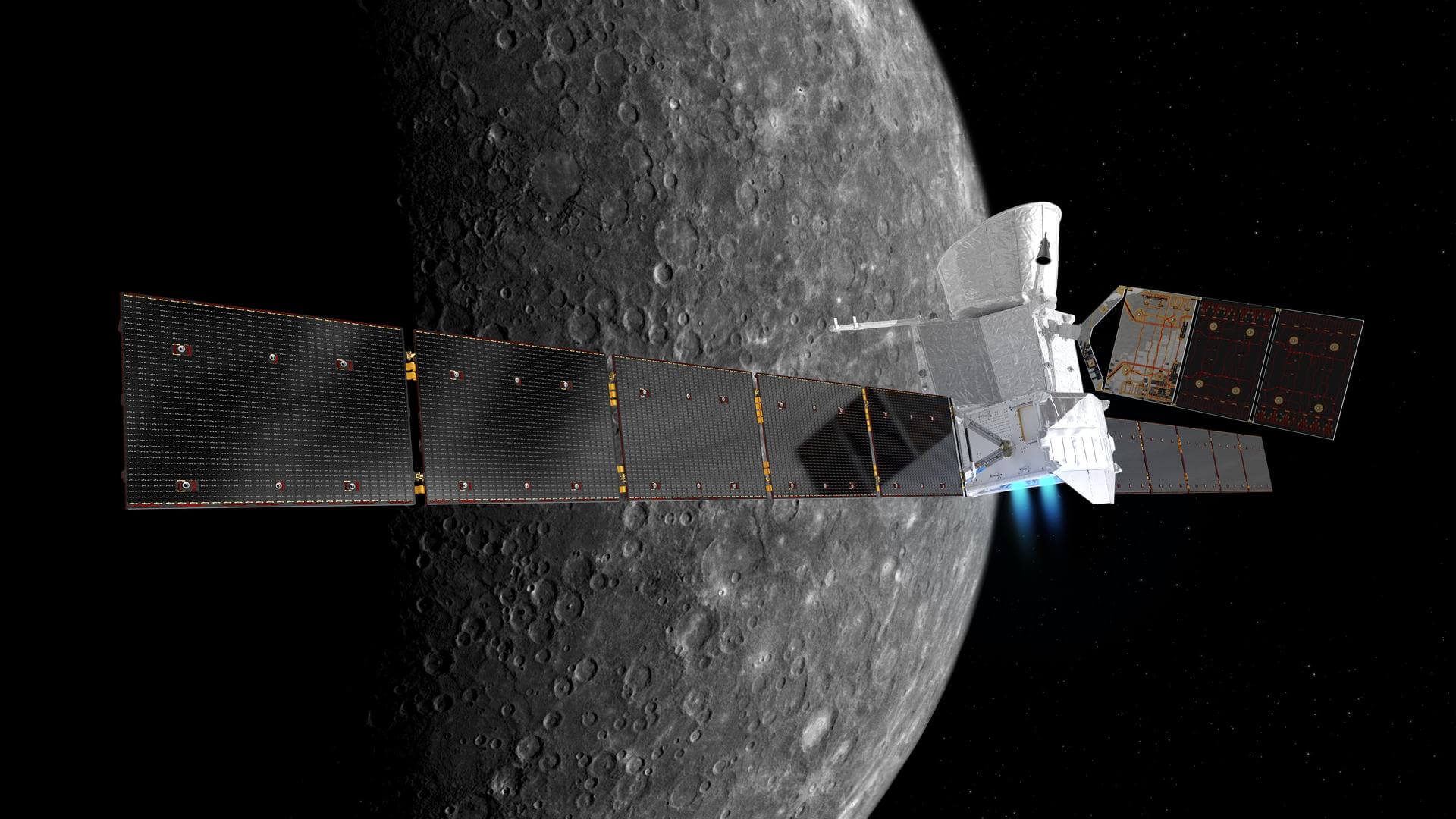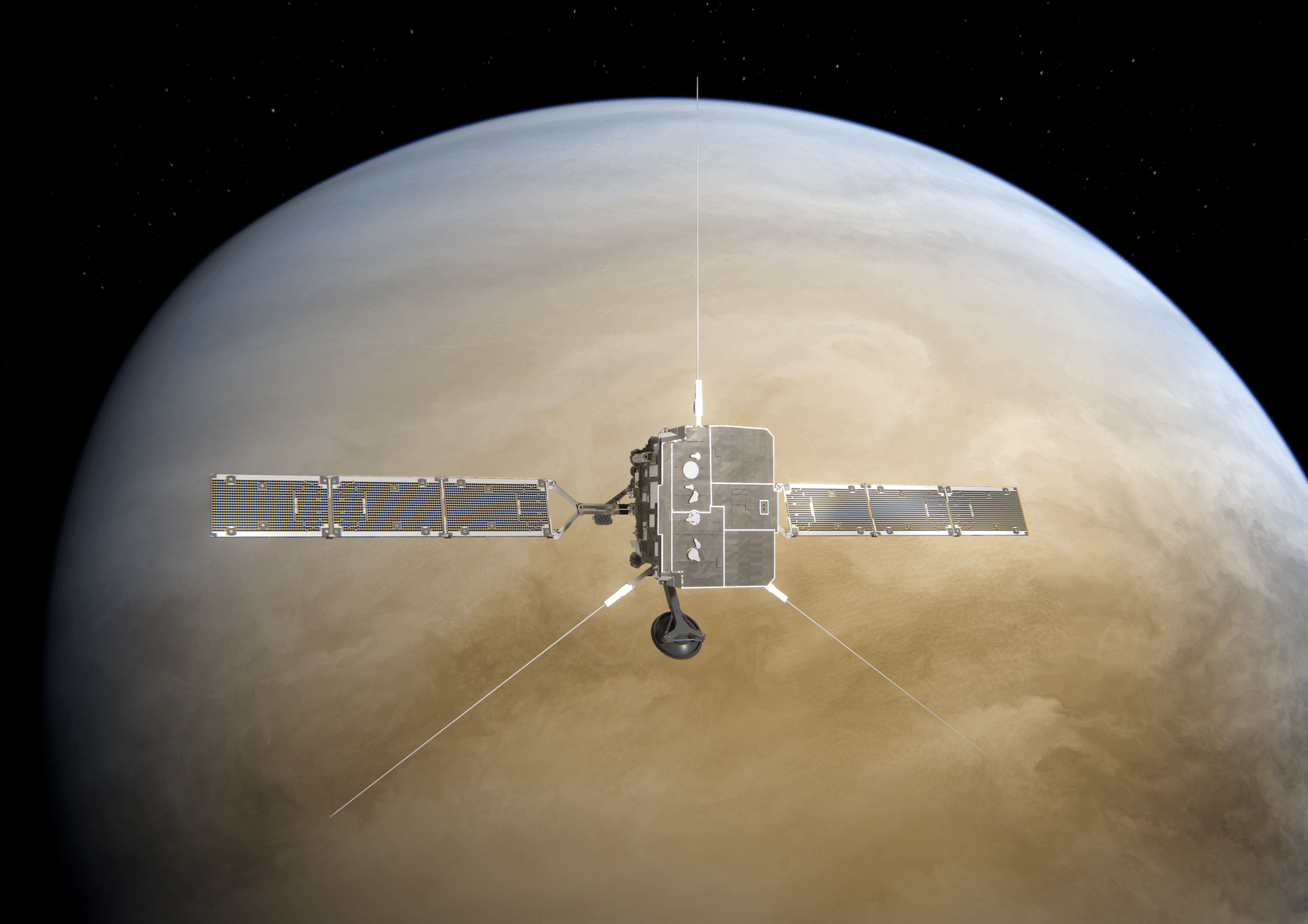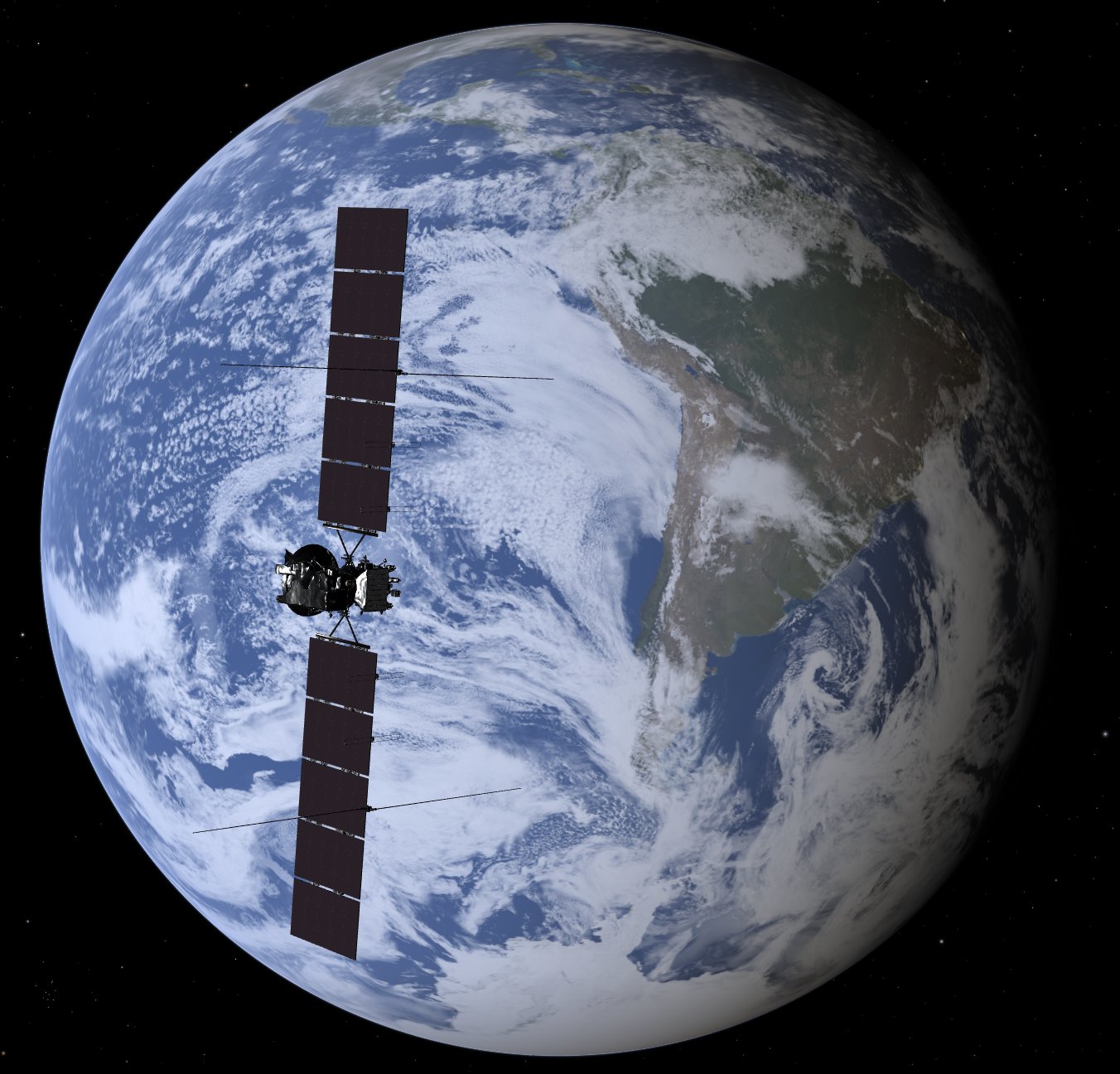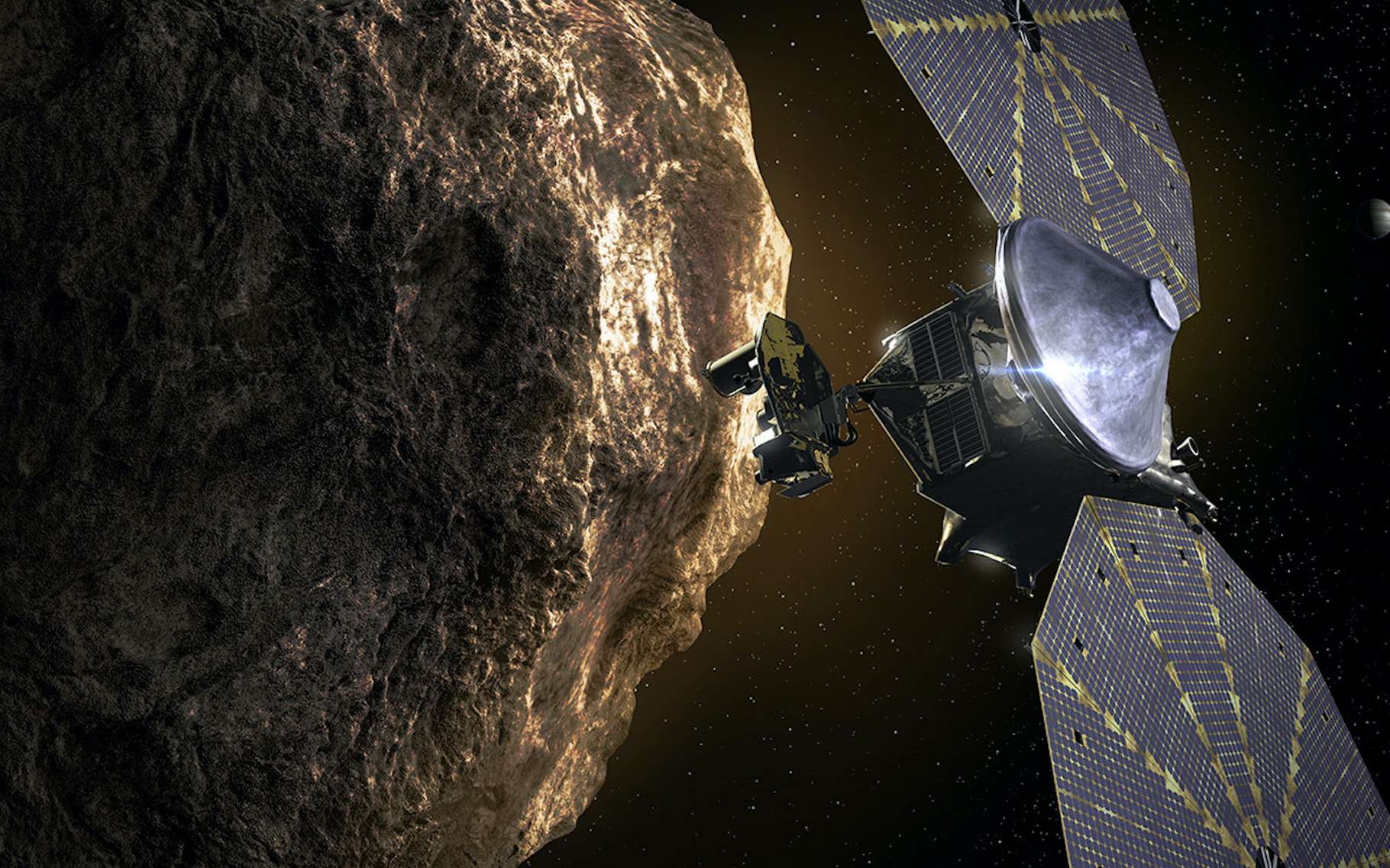Upcoming Events
Sounding Rocket Launch
Jul 05, 2025
MaxiDusty-2 Sounding Rocket Launch
Andoya NorwayUiT The Arctic University of Norway and Andøya Space have now completed the necessary preparations for an all-Norwegian research rocket named MaxiDusty-2. Among other things, the rocket will bring back dust and particles from the mesosphere, so that the researchers can study these carefully in their laboratories. In the period May-August, this area of altitude in the atmosphere is the coldest place on Earth with around 160 degrees below zero. In fact, it has to be that cold before the water that has bound to the dust particles freezes into ice and eventually forms large ice clouds, known as nocturnal clouds.
calendar_today ExploreDocking
Jul 05, 2025
Progress MS-31 Docking
International Space StationThe Progress MS-31 spacecraft is scheduled to autonomously dock to the Poisk module of the ISS.
calendar_today ExploreSpacecraft Undocking
Jul 10, 2025
SpaceX AX-4 Crew Dragon Undocking
International Space StationThe AX-4 Crew Dragon will undock from the International Space Station, for its return to earth.
calendar_today ExploreFlyby
Aug 31, 2025
Juice Venus Flyby
VenusSecond flyby of ESA's Jupiter Icy Moons Explorer (Juice) mission on its way to the Jovian system.
calendar_today ExploreSpacecraft Landing
Dec 31, 2025
Boeing Starliner-1 Landing
White Sands Missile RangeFollowing its deorbit burn, the Boeing CST-100 Starliner will reenter the Earth's atmosphere and land at the White Sands Missile Range using its parachutes.
calendar_today ExploreDocking
Dec 31, 2025
Boeing Starliner-1 Docking
International Space StationThe Starliner-1 spacecraft will dock autonomously to the International Space Station, carrying four astronauts to the International Space Station.
calendar_today ExploreSpacecraft Undocking
Dec 31, 2025
Boeing Starliner-1 Undocking
International Space StationThe Boeing CST-100 Starliner will undock from the International Space Station and conduct a deorbit burn as part of its first operational mission. Following the deorbit burn the capsule will renter the Earth's atmosphere and land at the 'White Sands Missile Range' using its parachutes.
calendar_today ExploreSpacecraft Berthing
Dec 31, 2025
SNC-1 Dream Chaser Berthing
International Space StationNASA TV will livestream the rendezvous and capture of Sierra Nevada Corporation's Dream Chaser cargo craft to the International Space Station.
calendar_today ExploreSpacecraft Berthing
Dec 31, 2025
HTV-X1 Rendezvous and Capture
International Space StationNASA TV will live stream the rendezvous and capture of JAXA's HTV-X1 cargo craft to the International Space Station.
calendar_today ExploreSpacecraft Release
Dec 31, 2025
HTV-X1 Release & Reentry
International Space StationThe JAXA HTV-X1 will be unberthed from the ISS before initiating a destructive reentry into the Earth's atmosphere taking waste along with it.
calendar_today ExploreSpacecraft Release
Dec 31, 2025
SNC-1 Dream Chaser Release & Reentry
International Space StationThe Sierra Nevada Corporation SNC-1 Dream Chaser will be unberthed from the ISS before re-entering the Earth's atmosphere and landing at Kennedy Space Center.
calendar_today ExploreSpacecraft Landing
Dec 31, 2025
SNC-1 Dream Chaser Landing
Kennedy Space Center, FL, USAThe Sierra Nevada Corporation SNC-1 Dream Chaser will land autonomously at the Launch and Landing Facility of Kennedy Space Center.
calendar_today ExploreFlyby
Sep 30, 2026
Juice Earth Flyby
EarthThird flyby of ESA's Jupiter Icy Moons Explorer (Juice) mission on its way to the Jovian system.
calendar_today ExploreOrbital Insertion
Nov 30, 2026
BepiColombo Mercury Orbit Insertion
MercuryOrbital insertion around Mercury of the ESA-JAXA BepiColombo mission.
calendar_today ExploreFlyby
Dec 24, 2026
Solar Orbiter Venus Flyby
VenusSolar Orbiter, a partnership between ESA and NASA, will perform a gravity assist maneuver with Venus on December 24, 2026. Throughout its mission it also makes repeated gravity assist flybys of Venus to get closer to the Sun, and to change its orbital inclination, boosting it out of the ecliptic plane, to get the best – and first – views of the Sun’s poles.
calendar_today ExploreFlyby
Dec 31, 2026
Europa Clipper Earth Flyby
EarthNASA’s Europa Clipper will fly by Earth for a second and final gravity assist on its way to Jupiter.
calendar_today ExploreFlyby
Aug 12, 2027
Lucy Trojan Asteroid (3548) Eurybates & Queta Flyby
(3548) EurybatesFlyby of the Trojan asteroid (3548) Eurybates and its satellite Queta by NASA's Lucy mission.
calendar_today ExploreFlyby
Sep 15, 2027
Lucy Trojan Asteroid (15094) Polymele Flyby
(15094) PolymeleFlyby of the Trojan asteroid (15094) Polymele by NASA's Lucy mission.
calendar_today ExploreFlyby
Mar 17, 2028
Solar Orbiter Venus Flyby
VenusSolar Orbiter, a partnership between ESA and NASA, will perform a gravity assist maneuver with Venus on March 17, 2028. Throughout its mission it also makes repeated gravity assist flybys of Venus to get closer to the Sun, and to change its orbital inclination, boosting it out of the ecliptic plane, to get the best – and first – views of the Sun’s poles.
calendar_today ExploreFlyby
Apr 18, 2028
Lucy Trojan Asteroid (11351) Leucus Flyby
(11351) LeucusFlyby of the Trojan asteroid (11351) Leucus by NASA's Lucy mission.
calendar_today ExploreFlyby
Nov 11, 2028
Lucy Trojan Asteroid (21900) Orus Flyby
(21900) OrusFlyby of the Trojan asteroid (21900) Orus by NASA's Lucy mission.
calendar_today ExploreFlyby
Jan 31, 2029
Juice Earth Flyby
EarthFourth flyby of ESA's Jupiter Icy Moons Explorer (Juice) mission on its way to the Jovian system.
calendar_today ExploreFlyby
Jun 10, 2029
Solar Orbiter Venus Flyby
VenusSolar Orbiter, a partnership between ESA and NASA, will perform a gravity assist maneuver with Venus on June 10, 2029. Throughout its mission it also makes repeated gravity assist flybys of Venus to get closer to the Sun, and to change its orbital inclination, boosting it out of the ecliptic plane, to get the best – and first – views of the Sun’s poles.
calendar_today ExploreFlyby
Sep 02, 2030
Solar Orbiter Venus Flyby
VenusSolar Orbiter, a partnership between ESA and NASA, will perform a gravity assist maneuver with Venus on September 2, 2030. Throughout its mission it also makes repeated gravity assist flybys of Venus to get closer to the Sun, and to change its orbital inclination, boosting it out of the ecliptic plane, to get the best – and first – views of the Sun’s poles.
calendar_today ExploreFlyby
Dec 25, 2030
Lucy Earth Flyby
EarthThird and final Earth flyby of NASA's Lucy mission to the Trojan asteroids.
calendar_today ExploreFlyby
Mar 03, 2033
Lucy Trojan Asteroids (617) Patroclus & Menoetius Flyby
(617) Patroclus & MenoetiusFlyby of the Trojan binary asteroid pair (617) Patroclus and Menoetius by NASA's Lucy mission.
calendar_today Explore